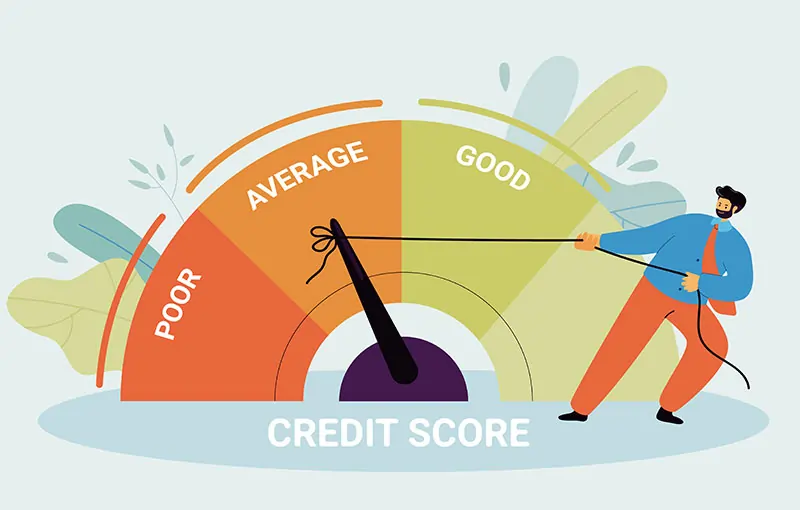Credit Repair Simplified: Practical Steps to Elevate Your Credit Score
Understanding and improving your credit score may seem intimidating, but it doesn’t have to be. Setting a clear plan and taking pragmatic steps can boost your score and enhance your financial well-being. Here is a straightforward guide that can assist in the credit repair process.
Understanding Your Credit Report
Acquire Your Credit Report
Begin by obtaining free copies of your credit reports from each central bureau: Equifax, Experian, and TransUnion. AnnualCreditReport.com allows users to get one report per year from each bureau for review purposes; reviewing these reports can help reveal which factors may impact your score.
Find Errors and Inaccuracies
Review your credit reports carefully for any mistakes or inaccurate data that could negatively impact your score, such as incorrect account statuses, fraudulent accounts opened in your name, or misreported payments. Take action against such inaccuracies, which could lower your score unfairly.
Submitting Error Correction Requests
File Disputes
When you discover an error in your report, dispute it immediately with the credit bureaus involved. You can do this online, by phone, or via mail. Provide copies (not originals) of any supporting documentation to back your claim and wait up to 30 days. Explore alternative financing options, like no buró credit loans for 2024 if you find it challenging to obtain loans through traditional means due to lower credit scores. Any discrepancies should be removed from your report if your dispute succeeds.
Follow Up Regularly
After filing a dispute, keep track of its investigation by the bureau. If it still needs to be resolved to your satisfaction, escalate or provide additional documentation as necessary.
Focus on Paying Off Debts
Create a Payment Plan
Focus on paying down debts, particularly those with high interest rates. Consider using either the debt avalanche method (prioritizing debts with the highest interest rates) or the debt snowball method (paying off the smallest debts first to build momentum).
- Debt Avalanche: Reduces the amount of interest paid over time.
- Debt Snowball: Provides psychological wins that can motivate you to keep going.
Negotiate with Creditors
If you struggle to make payments, contact your creditors to negotiate terms that might lower your monthly expenses. Some creditors might offer hardship programs or temporary reductions in payment amounts. Additionally, if you find it challenging to manage your credit repair process on your own, you can find reliable options that offer professional assistance.
Implement Reminders
Establish Reminders
Making timely payments is paramount if you want to improve your credit habits. Set reminders or set up automatic payments so you never miss a due date, as this factor accounts for most of your score.
Reduce Your Credit Utilization
Aim to keep your balances as low as possible. Your utilization ratio—how much of your balance exceeds your available limit—should fall below 30%. Paying down balances quickly increases your score.
Building Long-Term Credit Health
Limit New Credit Applications
Every time you apply for credit, your score can drop slightly; thus, it is wiser to limit new applications as much as possible and try spreading them out over time.
Diversity Is Key
Mixing up your credit types – car loans, mortgages, and credit cards can benefit your score. Make sure any new agreements make financial sense before accepting new commitments.
Conclusion
Rebuilding your credit is a proactive journey that requires consistent review and careful financial management. By understanding your credit report, disputing inaccuracies, paying debts on time, and improving habits that support healthy credit practices that contribute to overall economic health – not simply raising one number – this approach ensures you remain in charge of your health.


